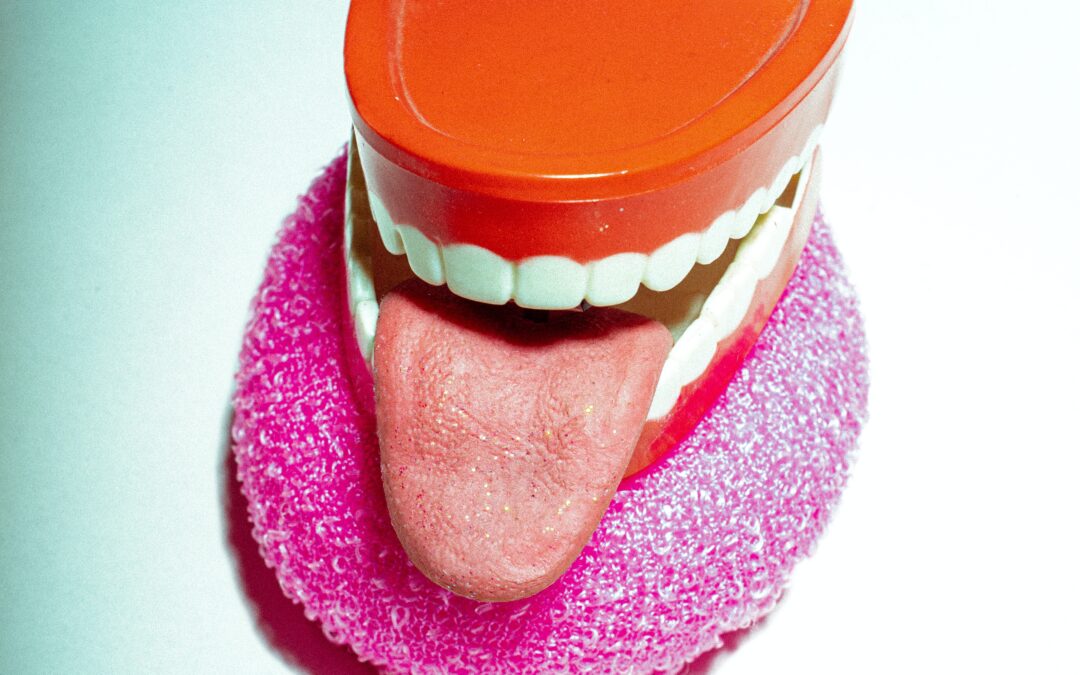When you visit the dentist, you’re prepared for the routine check-up: examining your teeth, gums, and taking X-rays. But amidst this familiar dental dance, a vital player often goes unnoticed – your tongue. This unassuming muscular organ holds invaluable insights into your oral and overall health. In this article, we’ll explore why dentists check your tongue and how this practice unveils the hidden secrets of your well-being.
The Tongue as a Diagnostic Tool
A dentist’s examination of your tongue is a key component of a comprehensive oral evaluation. This versatile organ offers a treasure trove of information regarding your dental and general health. The tongue’s appearance, including its color, texture, and any abnormalities, can serve as a reliable diagnostic tool for identifying potential health issues.
Oral Health Indicators
Your tongue is an indispensable part of your oral ecosystem, home to a diverse community of bacteria, both beneficial and harmful. A healthy tongue is typically pink and covered in small, finger-like projections called papillae. However, certain oral health problems can manifest as visible changes to your tongue:
White Coating
A thick white coating on your tongue may indicate an overgrowth of harmful bacteria or yeast, commonly associated with oral thrush or poor oral hygiene.
Redness and Inflammation
A red, inflamed tongue could signal vitamin deficiencies, such as a lack of vitamin B12 or folic acid, or point to an underlying infection.
Fissures and Lesions
Cracks, fissures, or ulcerations on the tongue might be symptomatic of chronic dry mouth, oral cancer, or other oral health concerns.
Systemic Health Clues
Your tongue’s appearance can also serve as a vital clue in detecting systemic health issues. Dentists are trained to recognize these subtle signs and may refer you to a specialist for further evaluation:
Nutritional Deficiencies
A smooth, glossy tongue may be indicative of iron, vitamin B12, or folic acid deficiencies, leading to anemia or other health complications.
Autoimmune Diseases
Geographic tongue, a condition characterized by irregular, map-like patches on the tongue’s surface, may be associated with psoriasis or other autoimmune disorders.
Diabetes
A burning sensation or persistent oral thrush on your tongue might be a sign of uncontrolled diabetes, which compromises your immune system and makes you susceptible to infections.
The Role of Tongue Hygiene
Given the tongue’s significance in maintaining oral health, proper tongue hygiene is essential. A clean tongue prevents the accumulation of bacteria, mitigating bad breath and reducing the risk of tooth decay and gum disease. Dentists recommend using a tongue scraper or a toothbrush with a tongue cleaner to gently remove debris and bacteria from the tongue’s surface.
The Indispensable Value of Tongue Examination
Dentists’ routine examination of your tongue is a testament to its importance in the realm of oral health. By checking your tongue, dentists can identify potential health issues early, ensuring timely intervention and treatment. Don’t forget to give your tongue the attention it deserves, both during dental visits and in your daily oral hygiene routine. After all, it’s not just about teeth and gums; your tongue plays a crucial role in maintaining a healthy and radiant smile.


